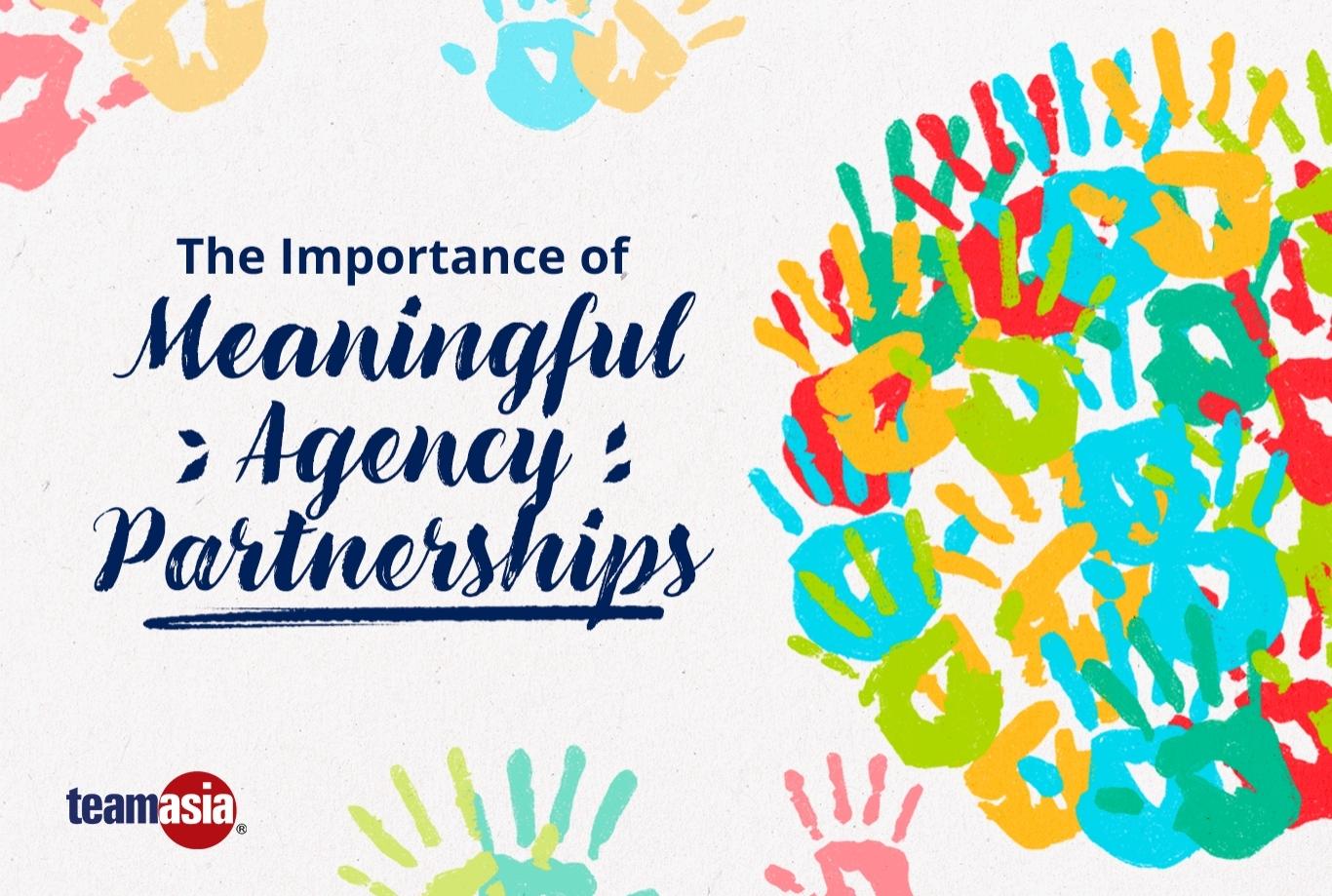Inclusive businesses key to Asean economic growth
MORE inclusive businesses (IBs) are contributing to economic growth in the Association of Southeast Asian Nations (Asean) by providing income opportunities and affordable services and, a trade official said.
“Because inclusive business creates jobs with the goal of bettering our quality of life, especially for low-income communities, they help us realize the Asean Community Vision 2025’s goal of building a people-centered and people-oriented Asean,” Trade Undersecretary Ceferino Rodolfo said on Tuesday.
“Inclusive business also allows greater cooperation between the private sector and government to improve lives and foster sustainable economic growth,” he added.
Asean currently has 332 million people living in poverty that IBs are in a position to help.
While IBs currently comprise less than 1 percent of all registered companies outside Asean’s informal sector, Rodolfo said they were increasing fast and attracting nearly 60 percent of impact investors.
He added that these companies had made a positive social impact in sectors like health, water, energy and housing.
The highest impact, however, has been in the agribusiness sector, Rodolfo said. Thailand’s Urmatt Group was cited as having entered the agribusiness sector by addressing the challenges of smallholder farmers who were living on meager incomes.
Kennemer Foods International (KFI), meanwhile, was cited as in IB model for the Philippines.
“KFI saw the need to equip smallholder farmers with the capacity to grow and maintain cacao, get higher yield, and prevent plant diseases. Over 10,000 farmers from Mindanao and parts of Visayas were given high-quality planting materials, training, and agri-technologies. Their incomes have increased fivefold while the company has grown sevenfold since it started the IB program,” Rodolfo said.
Most IB models in Asean are implemented by medium to large-sized companies and contribute indirectly to the growth of micro, small and medium enterprises.
IB models, however, can emerge from corporate social responsibility programs (CSR) and social enterprises (SE), which are businesses that need more capital to grow and deliver social impact on a smaller scale.
Several Asean member states have existing laws on CSR and SE that can serve as springboards to future IB models and policies.
“Considering the opportunities in the Asean economy, now is the best time for us to push inclusive business as a way of boosting inclusive growth. We need to take hold of the opportunities that inclusive business gives us so we can collectively build a prosperous Asean,” he said.
Source: The Manila Times





